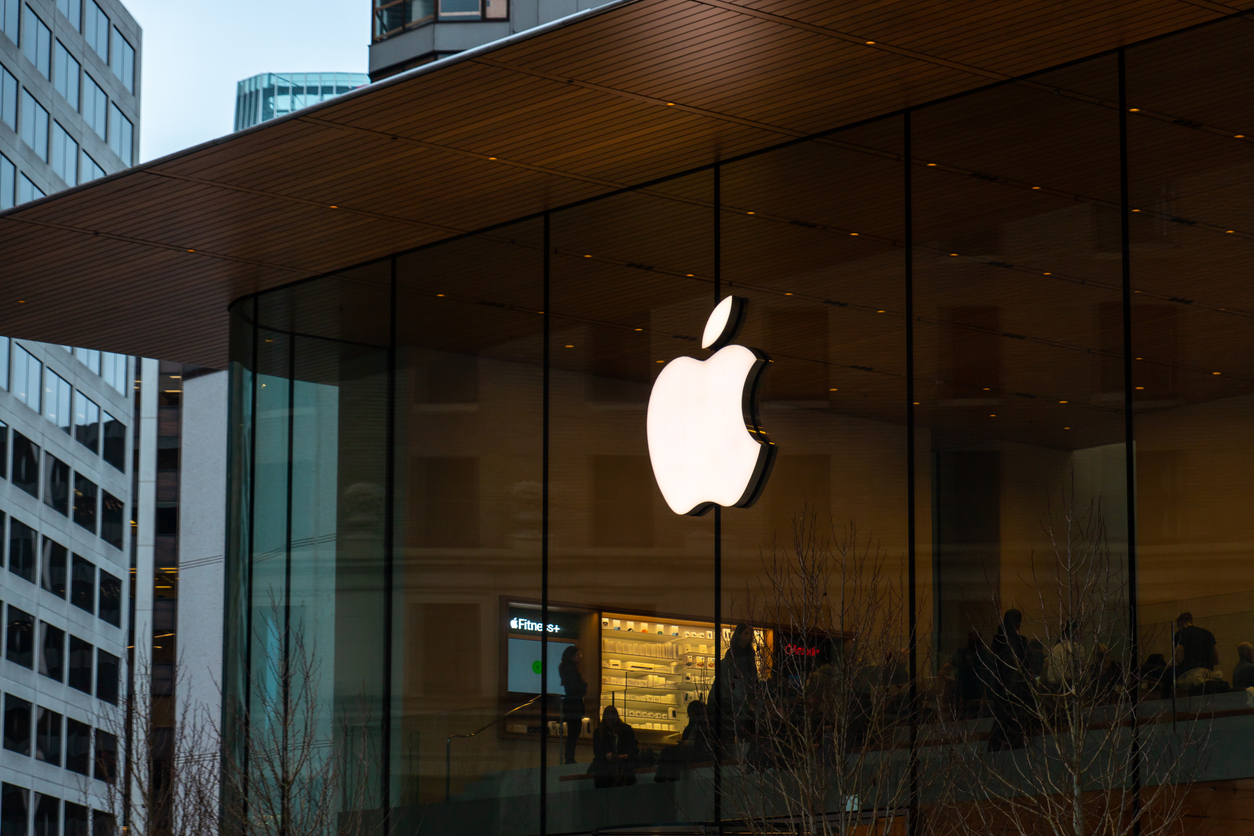- March 7, 2024
- 3 minutes read
Apple Adapts: Changes to iPhone’s App Store in Europe Spark Controversy Amid Regulatory Shifts

In response to a regulatory clampdown in Europe, Apple is introducing notable changes to the iPhone’s App Store, marking the most substantial overhaul since its inception in 2008. These modifications, rolling out exclusively in the European Union (EU), come as a result of the Digital Markets Act (DMA), aiming to provide consumers with more choices in the digital space. However, the adjustments are not without controversy, as they may introduce potential security risks to iPhone users.
The DMA-mandated changes, effective Thursday, enable people in Europe to download iPhone apps from stores not operated by Apple and explore alternative payment methods for in-app transactions. European regulators hope these measures will reduce the control exercised by prominent tech entities, often referred to as “digital gatekeepers,” over products and services.
These changes follow recent actions by EU regulators, who fined Apple nearly $2 billion for anti-competitive practices in the music streaming market. Apple has expressed concerns about the security risks associated with the new regulations, arguing that they may expose users to scams and malicious attacks from apps downloaded outside its ecosystem. The company also warns of the potential influx of unsavory content that contradicts its App Store guidelines.
While striving to maintain security safeguards, Apple acknowledges a potential gap in user protections between the EU and the rest of the world due to DMA requirements. Some smaller tech companies, including Spotify and Epic Games, criticize Apple’s compliance, considering it a facade that reinforces its control over the iPhone ecosystem.
Epic Games, creator of the popular Fortnite game, accuses Apple of violating the DMA by rejecting an alternative iPhone app store planned for release in Sweden. EU regulators are now seeking to question Apple over these allegations, while the company maintains its right to enforce app store policies.
The EU’s regulatory landscape is prompting changes not only at Apple but also at other tech giants like Google and Facebook. However, the new regulations challenge Apple’s long-standing philosophy of maintaining strict control over its products, known as the “walled garden” approach.
Despite these changes in Europe, Apple continues to prohibit alternative iPhone app stores in the U.S. and more than 100 other countries outside the EU. European regulators believe that the benefits of increased competition will outweigh security risks, potentially leading to lower prices for digital transactions within apps. However, critics doubt this outcome, pointing to Apple’s continued fees and the hurdles for alternative options to gain traction in Europe.
